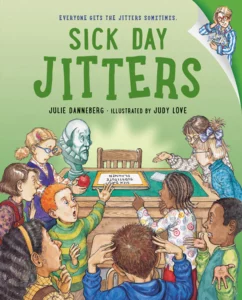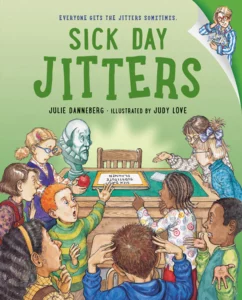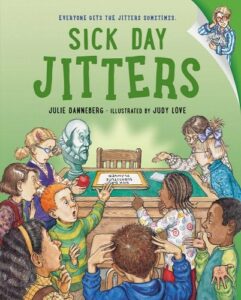 “Failure is the opportunity to begin again more intelligently.” –Henry Ford
“Failure is the opportunity to begin again more intelligently.” –Henry Ford
I have always thought that one of the gifts of being a teacher is that every school year, and new semester for that matter, presents us with a fresh start. No matter how difficult the previous year or semester was, we get to take all of the lessons learned and apply them anew.
As this second semester begins, why not share that gift of a fresh start with your students. Let them know, as they return this January, that they are returning with a clean slate. Not only in terms of grades, but also in terms of attitudes, work or study habits and even relationships with teachers.
New beginnings start from a place of hope that things will be better.
However, hope alone doesn’t create change. Instead, change is created by reflecting on and analyzing our past in order to improve our future.
Therefore, on returning to school at the beginning of the second semester, after celebrating our brand new hopeful beginning, one of my standard activities was to have students reflect on their first semester, knowing that went well can be improved and what didn’t go so well can be corrected.
I have found that this kind of thinking is often hard for kids. To tell the truth, self-analysis in this way is hard for most of us. But it is precisely this kind of honest, reflective, analytical thinking that is required for growth and improvement.
As they began, students were encouraged to look back honestly but also graciously, not from a place of self-condemnation but instead, from a place of self-acceptance. In other words, not thinking things like “I’m stupid, and that’s why I didn’t do well in reading class,” but instead, “Reading is hard for me so I get frustrated and give up too easily, which is something I can control.”
I started by giving them time to generate a list of behaviors or attitudes that interfered with their success. They then picked one or two to focus on for the coming semester. Once they made their choice they thought about and then wrote out answers to the following questions.
- Why do you want to focus on this behavior or attitude?
- Describe what you want this behavior or attitude to look like by the end of the year.
- What are some actions that you can take to make that improvement more likely?
- Is there a way that you can track or measure your progress? (I also let them know that since they weren’t necessarily setting measurable goals, coming up with objective measures might not apply, but they should try to think of ways they could keep track of any improvement.)
As we went through this reflection and analysis process, I assured students that this exercise wasn’t for a grade. It was just an opportunity to evaluate and then improve on their school experience from first semester,
After they thought through their answers, they encapsulated their thinking in a letter to themselves and handed it in. I kept it for them, handing it back periodically for them to monitor their progress and growth, adding to or modifying their action plan as needed.
To some, this may seem like a fluff assignment and a waste of valuable class time. But in reality, this ability to dissect and analyze past behavior in order to improve future behavior is a valuable life skill. Over the years I found that most students enjoyed the process and by the end of the year showed positive growth in the behavior or attitude they choose to work on. At the very least, they had practice looking at their past mistakes not so much as failures, but as vehicles to create future successes.
Of course, I always shared what I was going to work on. Which, as you might imagine was a risky…or helpful…experience because I then spent the rest of the second semester with a classroom full of students monitoring my progress, eager to let me know when I strayed!


